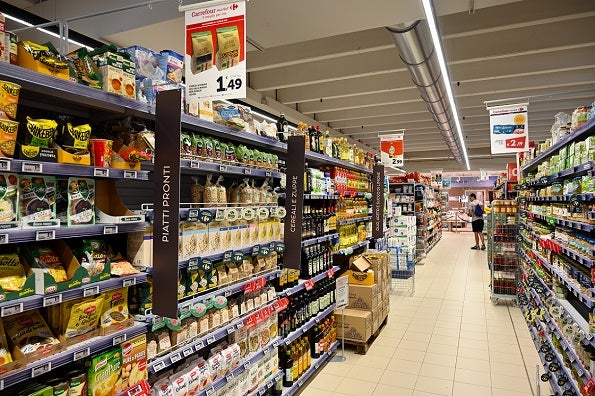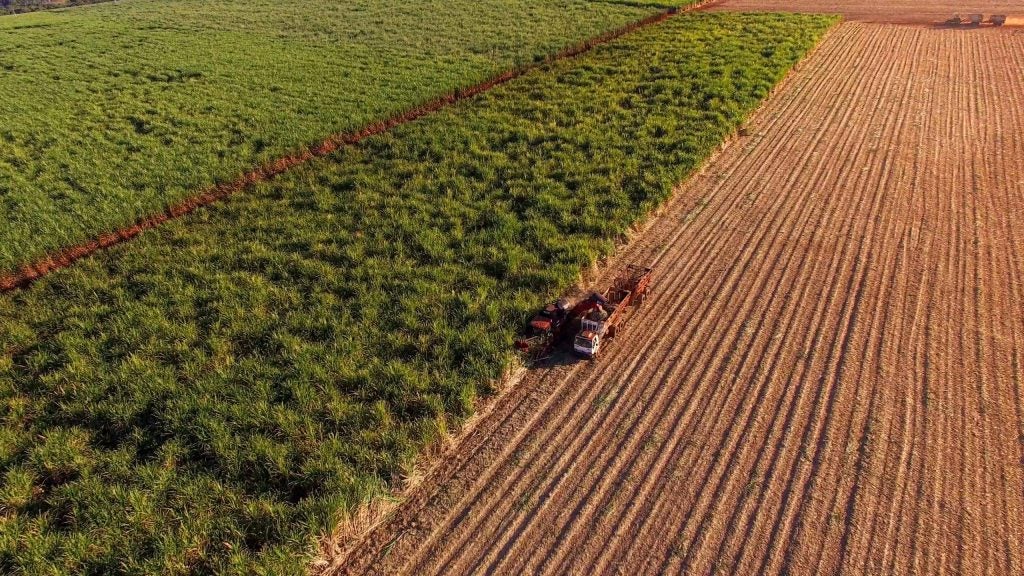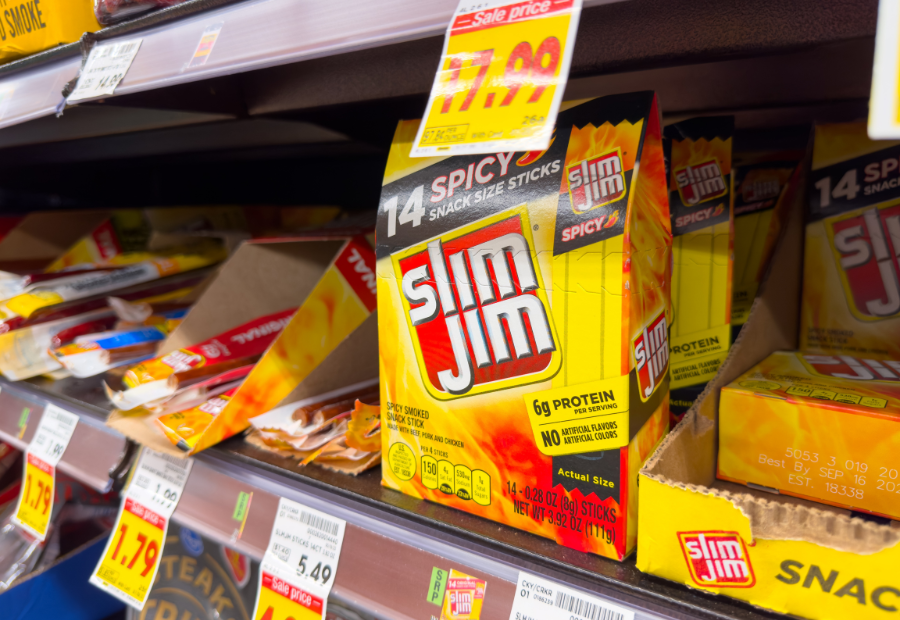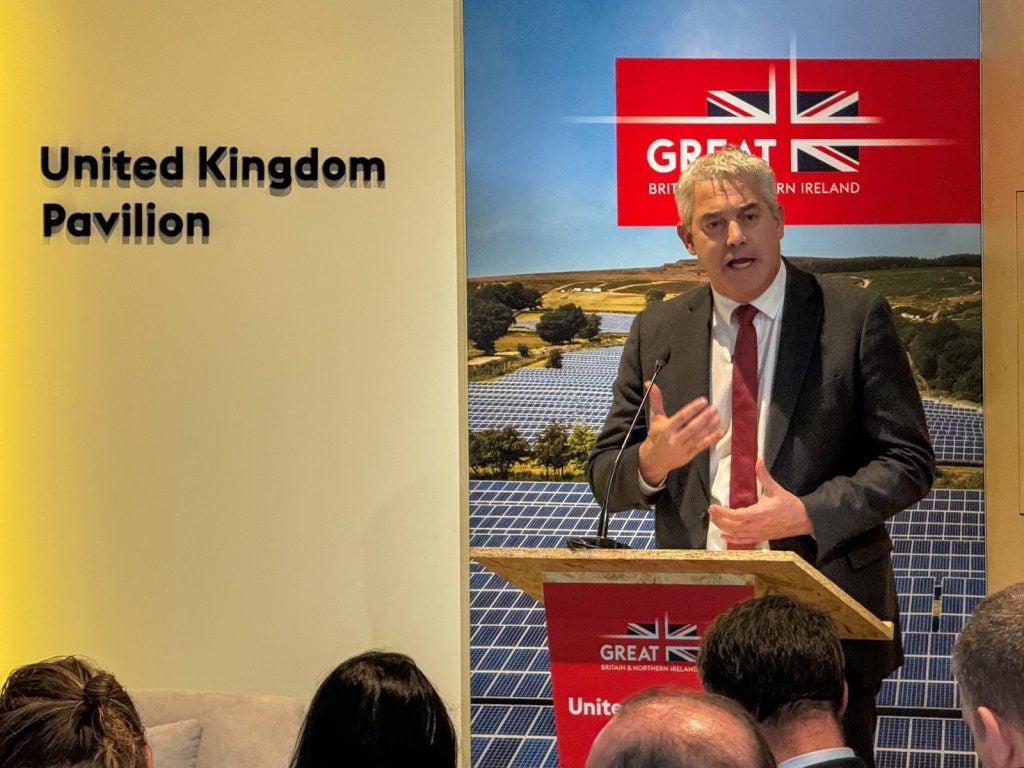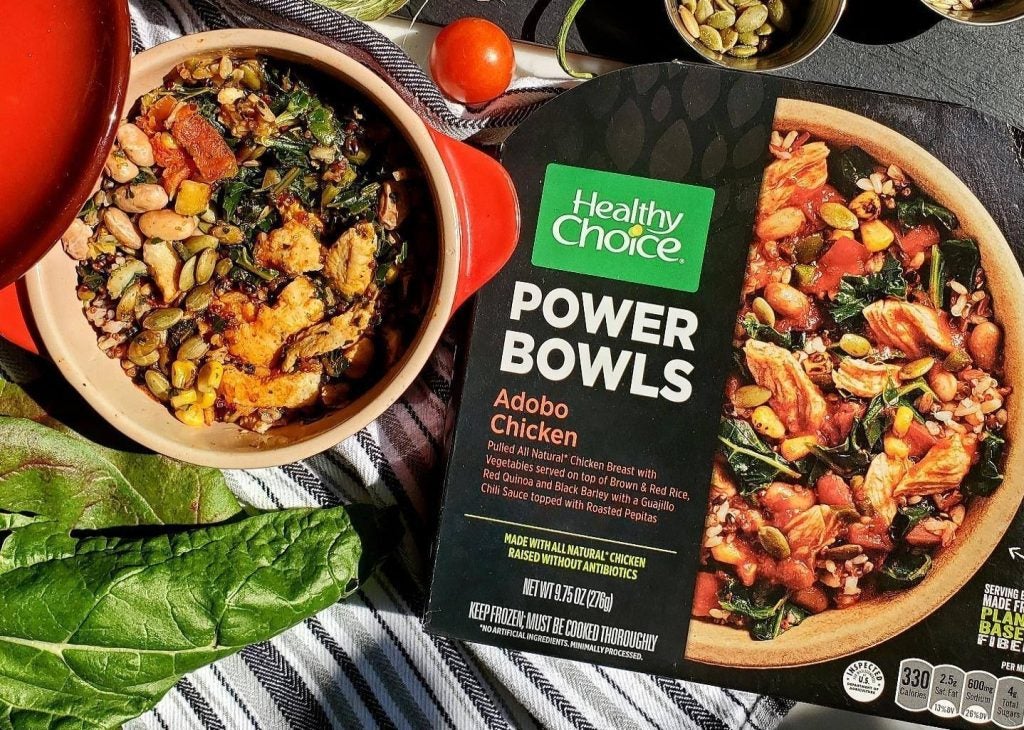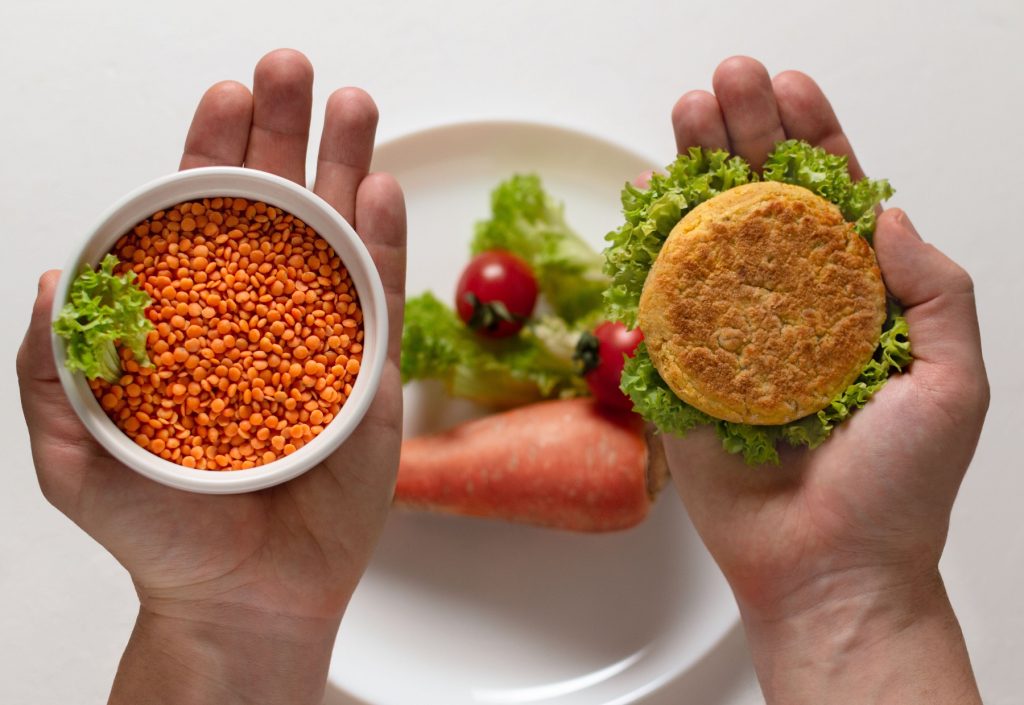Carrefour has extended a boycott on PepsiCo products to Spain, Italy and Belgium in a dispute over price increases.
The supermarket giant started to put up banners in its France stores yesterday (4 January) informing customers that Carrefour had dropped PepsiCo snacks and drinks from displays.
"We no longer sell this brand due to an unacceptable price increase,” the in-store signs say, a Carrefour spokesperson confirmed with Just Food this morning, acknowledging the banners have also now been put up in outlets in the three other European countries.
Europe is PepsiCo’s largest geographical market in terms of revenues. The boycott takes in brands such as Lay’s and Doritos snacks to 7Up and Pepsi beverages.
In the US food heavyweight’s 2022 fiscal year, the region contributed $12.7bn in revenue to the group total of $86.3bn, according to the company’s annual report for those 12 months. The contribution in Europe was equally split 50-50 between beverages and “convenient foods”.
PepsiCo’s 2023 financial year ended on 30 December, so any impact on sales is unlikely to be felt until at least the first quarter of the new year.
A spokesperson for PepsiCo said in a brief statement: "We've been in discussion with Carrefour for many months and we will continue to engage in good faith in order to try to ensure that our products are available."
Meanwhile, another supermarket behemoth in France – E. Leclerc – has upped the ante on food and drinks manufacturers in the country’s quest to put pressure on suppliers to bring down prices.
Preliminary figures published in France yesterday from the national statistics agency, Insee, showed food inflation continues to run much higher than that of average prices in the wider economy.
As first reported by Reuters today, the retailer’s president, Michel-Edouard Leclerc, has taken to LinkedIn to voice his opinion in the context of price negotiations taking place.
“You may have noticed that my colleagues and competitors, like me, are in the media a lot at the moment talking about the negotiations,” Leclerc wrote in the post.
He added: “Like you, we are fed up with inflation. You feel like you've been cheated. And since we’re in a period of negotiations, we’re putting pressure on our suppliers… And we put pressure on ourselves.
“In the coming month, we must therefore convince all those large suppliers who have made the mistake to increase their prices too much, to lower them now, or to moderate them.”
In September, Carrefour launched a ‘shrinkflation’ campaign in France to name suppliers reportedly reducing pack sizes without making a corresponding price cut. It was also targeted at PepsiCo, along with food majors Nestlé, Unilever and Lindt & Sprüngli.
French authorities have also joined the fight against shrinkflation. It has emerged that the government has reportedly applied to the EU to clear a move that would oblige grocers to tell consumers if a product has been reduced in size but its price has stayed the same.
In Italy, a three-month inflation-tackling agreement reached in September between the government and consumer-goods suppliers, including food producers, ended last month.
The pact had been agreed in an effort to control prices and bring some relief to consumers through the Christmas period.
It remains unseen so far in 2024 what new measures the Italian government might take to keep a cap on prices, as is the case in Spain, where authorities took some steps last year to reduce inflation pressures.


